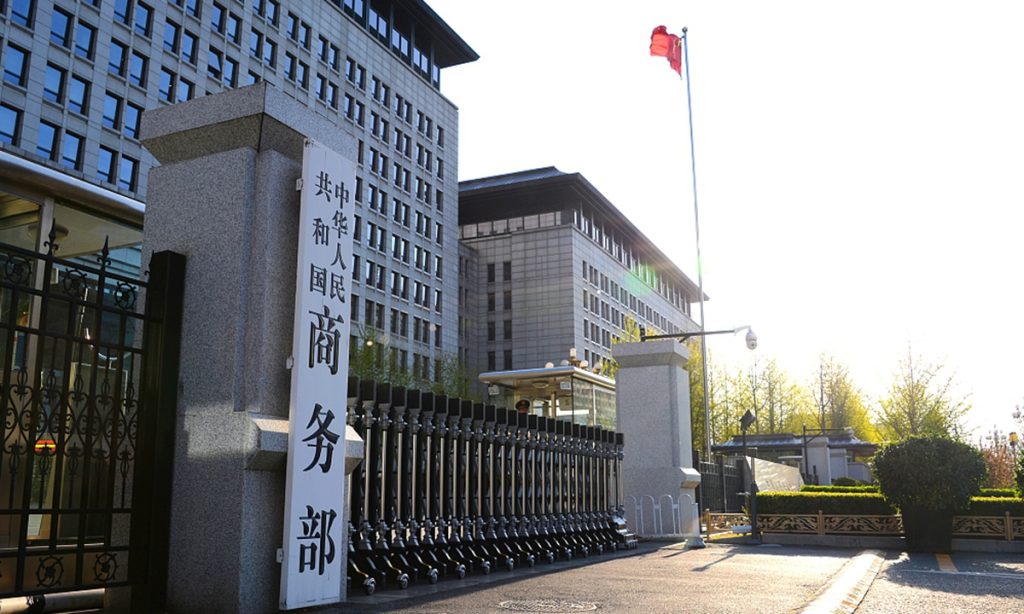China’s anti-dumping measure against EU brandy complies with WTO rules, MOFCOM says

China's anti-dumping measure against EU brandy completely complies with the WTO rules, a spokesperson from China's Ministry of Commerce (MOFCOM) said on Wednesday, in a response to media reports that the EU will launch a challenge at the WTO.
China legitimately launched the anti-dumping investigation into brandy imported from the EU following a request from the domestic industry, and then decided to implement a justified trade remedy, the MOFCOM spokesperson said in a statement posted on the ministry's website on Wednesday.
The MOFCOM said on Tuesday that it would impose temporary anti-dumping measures on European brandy, as preliminary findings indicate that the product is being unfairly dumped into the Chinese market.
However, the EU, without a request from European companies, unilaterally initiated an anti-subsidy investigation into electric vehicles (EVs) imported from China. In fact, various EU member states and industry stakeholders have voiced their objections against the EU move. The EU's relevant measure lacks factual and legal basis, clearly violates WTO rules and is essentially protectionism disguised as a trade remedy, the ministry spokesperson said.
To strongly protect the legitimate development right of China's EV industry, China has lodged strong representations at the WTO and will file a formal complaint with the WTO's dispute settlement mechanism against the EU's tariffs, the spokesperson noted.
"China always opposes the abuse of trade remedy measures and urges the EU to immediately correct its wrongdoing, to jointly preserve the overall China-EU economic and trade relationship," the spokesperson said.
The EU held a vote on whether to impose a five-year countervailing duty on Chinese EVs on Friday local time.
A statement released by the European Commission showed that the commission's proposal to impose definitive countervailing duties on imports of battery-powered electric vehicles from China "has received the necessary support from EU Member States for the adoption of tariffs."